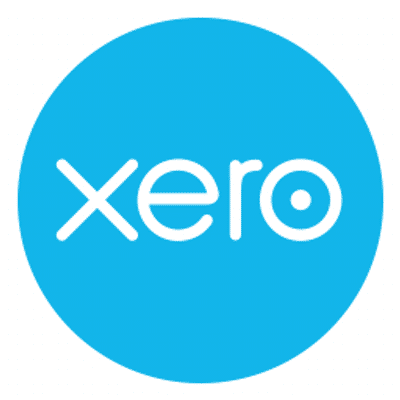Denario is a Accounting Software. Denario offers Tax Management, Spend Management, Cash Management, Billing and Invoicing, Bank Reconciliation and many more functionalities.
Some top alternatives to Denario includes Quickbooks, Xero, Freshbooks, Sage Accounting (Sage One) and Invoiced.
No, Denario doesn't provide API.
No, Denario doesn't provide mobile app.
Denario is located in Berlin, Germany
Denario offers Quotation Based pricing model
The starting price is not disclosed by Denario. You can visit Denario pricing page to get the latest pricing.





/logo_1622728934.296577.png)







